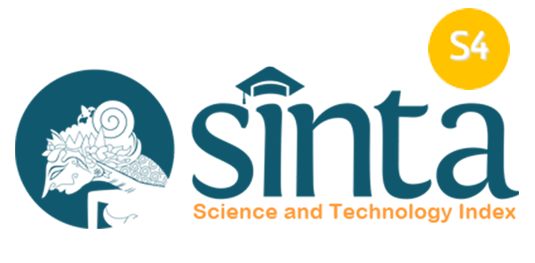Students’ Learning Experiences and Preference in Performing Science Experiments Using Hands-on and Virtual Laboratory
Abstract
Keywords
Full Text:
PDFReferences
Abou Faour, M., and Ayoubi, Z. (2017). The effect of using virtual laboratory on grade 10 students’ conceptual understanding and their attitudes towards physics. Journal Of Education in Science Environment and Health (JESEH), 4(1), 54-68.
Aljuhani, K., Sonbul, M., Althabiti, M., and Meccawy, M. (2018). Creating a Virtual Science Lab (VSL): the adoption of virtual labs in Saudi schools. Smart Learning Environments, 5(1), 1-13.
Azizah, E. V., Nandiyanto, A. B. D., Kurniawan, T., and Bilad, M. R. (2021) The effectiveness of using a virtual laboratory in distance learning on the measurement materials of the natural sciences of physics for junior high school students. ASEAN Journal of Science and Engineering Education, 1(3), 175-182.
Chan, C., and Fok, W. (2009). Evaluating learning experiences in virtual laboratory training through student perceptions: a case study in Electrical and Electronic Engineering at the University of Hong Kong. Engineering Education, 4(2), 70-75.
Isozaki, T. (2017). Laboratory work as a teaching method: A historical case study of the institutionalization of laboratory science in Japan. Espacio, Tiempo y Educación, 4(2), 101-120.
Omolafe, E. V. (2021). Primary educators experts’ validation of the developed mathematics mobile application to enhance the teaching of mathematics in Nigeria primary schools. ASEAN Journal of Science and Engineering Education, 1(3), 157-166.
Ottander, C., and Grelsson, G. (2006). Laboratory work: the teachers' perspective. Journal of Biological Education, 40(3), 113-118.
Pyatt, K., and Sims, R. (2012). Virtual and physical experimentation in inquiry-based science labs: Attitudes, performance and access. Journal of Science Education and Technology, 21(1), 133-147.
Ratner, B. (2009). The correlation coefficient: Its values range between+ 1/− 1, or do they?. Journal of Targeting, Measurement and Analysis for Marketing, 17, (2), 139-142.
Tüysüz, C. (2010). The effect of the virtual laboratory on students' achievement and attitude in chemistry. International Online Journal of Educational Sciences, 2(1), 37-53.
DOI: https://doi.org/10.17509/ijotis.v1i2.41122
Refbacks
- There are currently no refbacks.
Copyright (c) 2021 Universitas Pendidikan Indonesia

This work is licensed under a Creative Commons Attribution-ShareAlike 4.0 International License.
Indonesian Journal of Teaching in Science (IJoTIS) is published by Universitas Pendidikan Indonesia (UPI)
 Indonesian Journal of Teaching in Science
Indonesian Journal of Teaching in Science



